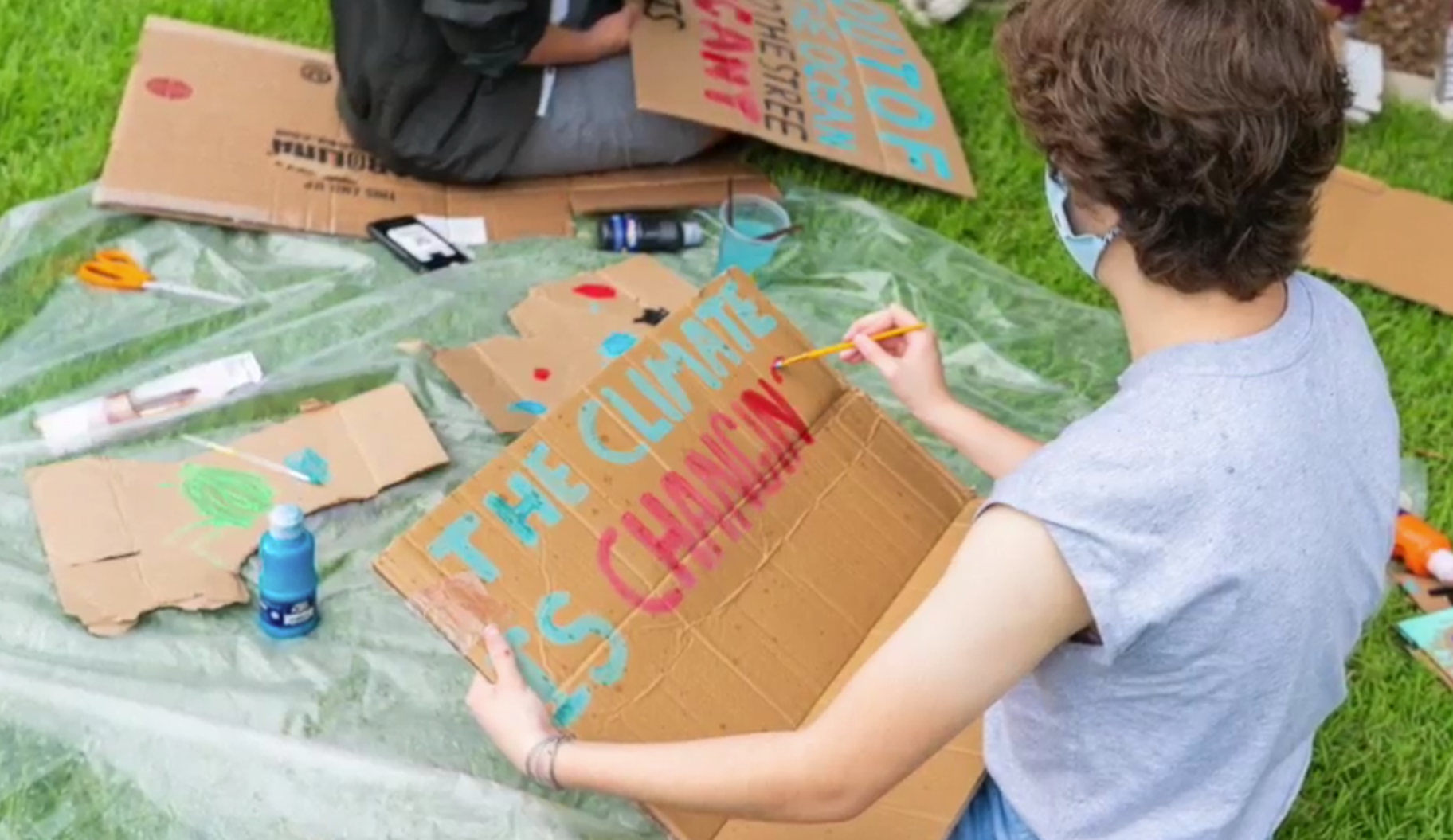Sustainability at CofC
Be a part of something bigger.
Our sustainability efforts help build a campus community that can flourish for years to come. The College of Charleston commits itself to preparing students for social, economic and environmental challenges. This can be seen in our mission statement.
Developing citizens who create innovative solutions to social, economic and environmental challenges.
Snapshot of Sustainability
We work to create a positive impact in all that we do. Sustainability at the College of Charleston includes:
- A Sustainability Action Plan (SAP) to guide us in the long-term
- Engaging events all year round
- We pick a U.N. sustainability goal every year to focus on!
- The 2023-2024 theme is Responsible Consumption & Production
- Academic programs, majors and courses that are sustainability-inclusive or sustainability-focused
- Mindful Move-in and Move-out programs
- Composting in all major dining halls
- Gender-inclusive facilities across campus
- Awarding up to $5,000 in funding for student-proposed projects every semester
- A highly-involved internship program with our sustainability office
...and much, much more!
Current students/faculty/staff: If you have a valid campus login, you can find more information about us on The Hub!
